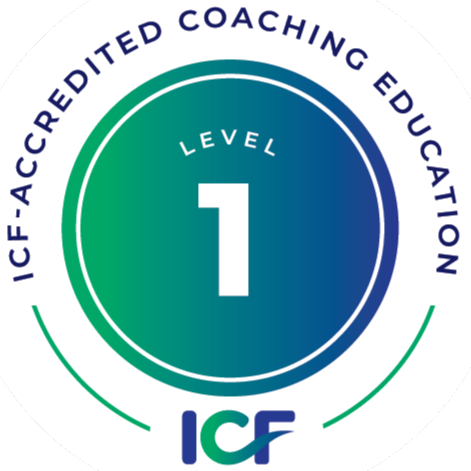
And how does it manifest in coaching?
By: Dr. Patrick Williams, EdD, MCC
When I was granted my Master Certified Coach designation from the International Coach Federation in 1998, I was both honored and dismayed. I was one of the founding members of the ICF and had indeed been coaching over 2500 hours since 1990, but I did not agree with the use of the word Master Coach. Master implies a level of observable and/or quantifiable skills sets that usually are attained through a long involvement in a profession, sport or other skill. And I think that has proven to be difficult to measure and get agreement on in the hundreds of Master Coach designation since then.
However, it seems to be here to stay and those demonstrating masterful coaching (whether you are so designated or not) certainly must understand that mastery is a process….not a state of completion. I am not a master, except my longevity and experience, but I am always striving for mastery. Sometimes I am more masterful than others and I am always learning.
One of my early mentors and teachers from the early days of my education in Humanistic Psychology was George Leonard. We first met at a conference in Estes Park Colorado in 1975 when the Association of Humanistic Psychology was at its zenith.
He went on to be an influence for several decades as an Aikido master and influential presenter. In my autographed copy of his book Mastery: the Keys to Success and Long Term Fulfillment (Penguin Books, 1992) Leonard illustrates the Five Keys to Mastery.
Key 1: Instruction.
Before we gain a level of mastery, we must learn and be instructed from those further on the path. That is certainly what we do at ILCT in our coursework. We have had many great teachers in the past and more today! Use that learning you gain for the next key.
Key 2: Practice
Sometimes we use this word as a descriptor of our coaching business…our practice. Yet it is better understood as a verb. You must practice, and practice some more to get more masterful in your coaching and in your life that you are revealing as a coach.
Remember the old joke about a couple on their way to a performance New Yorks lower east side. They stopped and questioned a bearded elder, “pardon us, but how do you get to Carnegie Hall?” they ask. “Practice!” he tells them
Key 3: Surrender
The third key to mastery according to George Leonard is Surrender. The early learning of anything new requires the mindset of what Zen teachers call beginner’s mind.
Trust the process as one with ups and downs but this is not trial and error…. instead, trial and success…. Keep learning and surrender to the journey.
Key 4: Intentionality
The power of the mental game and positive thinking erupted in the 1970s after the writings of Norman Vincent Peale, and then techniques such as the Silva Method, and culminating in the widely popular, and over-commercialized The Secret. But the truth is, it works…there is much research on holding a strong intention of what you want or how you want to be in detail. Masterful golfer, Jack Nicklaus said that a successful shot was 50 percent visualization, 40 percent setup, and only 10 percent swing.
How do you utilize intentions for you and your clients? Remember though, intentions remain useless without action!
Key 5: the Edge
Here is where mastery becomes somewhat paradoxical. In order to be a master at anything, you also have to be willing to explore new ways, or new methods to achieve a masterful way of being. They try new ways; they do what they have learned AND try new ways as well. It is not either/or…it is both/and.
If as a coach, you are trying newness on the edge, are you still being in service to your client. That is the litmus test.
But before you even consider adding some uniquely personal edginess, there must have been Instruction, Practice, Surrender, and Intentionality.
 Dr. Patrick Williams is the Founder and Director of Training of The Institute for Life Coach Training and brings with him a wide variety of training in psychology and professional experiences, as well as training as a Coach. His personal approach is eclectic, drawn from his graduate education, life experiences and other professional training.
Dr. Patrick Williams is the Founder and Director of Training of The Institute for Life Coach Training and brings with him a wide variety of training in psychology and professional experiences, as well as training as a Coach. His personal approach is eclectic, drawn from his graduate education, life experiences and other professional training.




